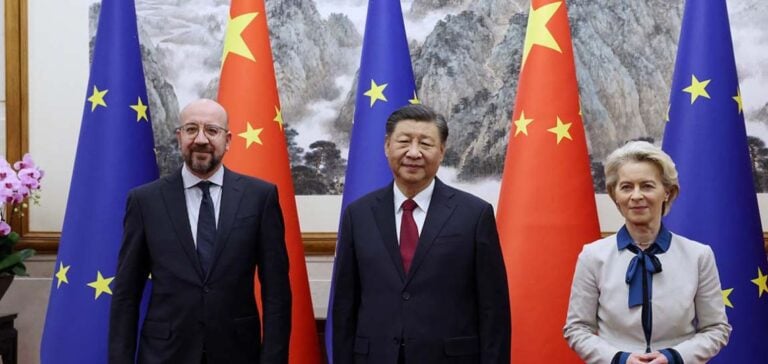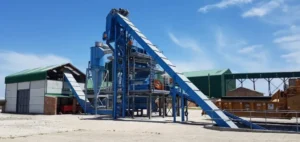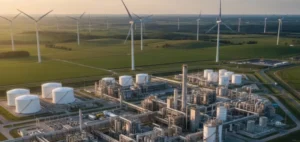The European Union is preparing to introduce provisional customs duties on biodiesel imported from China, after concluding that it is being sold at artificially low prices on the European market. This measure is part of a series of trade cases in which the EU is challenging China’s trade practices.
The European Commission, responsible for EU trade policy, has proposed tariffs ranging from 12.8% to 36.4%, according to a recently published document.
These tariffs are due to come into force in mid-August.
The investigation, which is due to continue until next February, could result in the imposition of definitive duties for a period of five years.
This decision comes after a complaint by the European Biodiesel Board (EBB), which denounced massive imports of Chinese biodiesel, causing major disruption to European production.
Impact on the European biodiesel industry
The effects of these cheap imports are already visible.
Chevron Renewable Energy Group has laid off its German workers, Shell has suspended construction of a plant in the Netherlands, BP has halted a project in Germany and Argent Energy has closed a biorefinery.
According to the EBB, although Chinese imports are not the only cause of these decisions, they have contributed significantly to the difficulties encountered by European producers.
In 2023, Chinese companies exported 1.8 million tonnes of biodiesel to the European Union, accounting for 90% of total Chinese biodiesel exports.
Faced with this situation, the European Waste-based and Advanced Biofuels Association welcomed the measures envisaged, believing that they would enable a normalization of market conditions, negatively affected since the end of 2022.
Reactions and outlook
The EU’s decision to impose provisional duties on Chinese biodiesel is the latest in a series of measures designed to protect European industries from unfair trade practices.
In the past, the EU had already imposed provisional duties on Chinese electric vehicles, accused of benefiting from unfair subsidies.
The Chinese companies concerned, such as EcoCeres Group, Jiaao Group, including Zhejiang Jiaao Enproenergy Co, and Zhuoyue Group, including Longyan Zhuoyue New Energy Co, find themselves directly impacted by these new measures.
These companies will now face tariffs that could curb their exports to the EU and redefine the dynamics of the biodiesel market. The anti-dumping measures proposed by the EU aim to restore a level playing field for European biodiesel producers.
If the definitive duties are adopted in February, this could mark a turning point in trade relations between the EU and China, highlighting the growing tensions around dumping practices.
The prospect of a more regulated market could offer welcome stability to European producers, while posing new challenges for Chinese exporters seeking to maintain their presence in Europe.






















